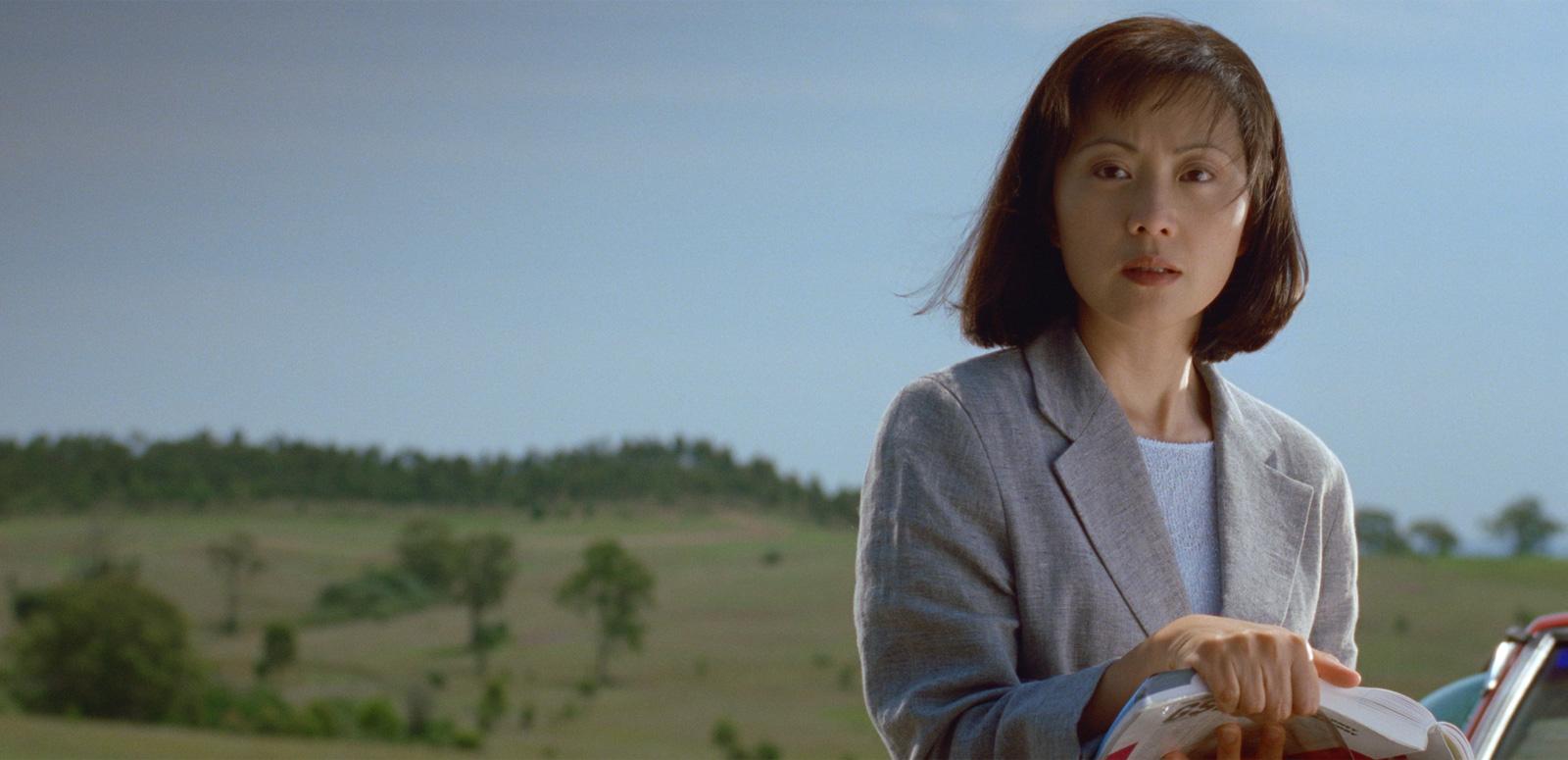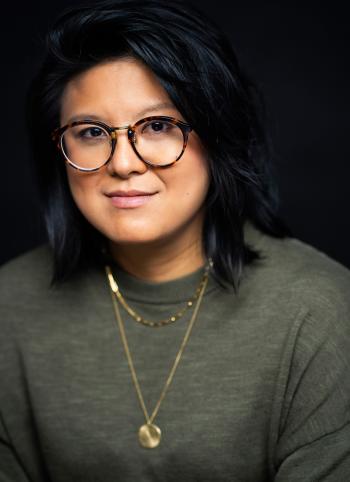The film Floating Life (1996), by Macau-born director Clara Law, reflects on the Asian migrant experience in Australia in the early 1990s.


The film Floating Life (1996), by Macau-born director Clara Law, reflects on the Asian migrant experience in Australia in the early 1990s.
The year 1996 was pivotal in the lives of many Hong Kong residents. It was one year prior to the transfer of sovereignty and a time when many people were looking to migrate to countries where they had familial ties.
So it was timely that, during this same year, the first Asian-Australian film examining the Asian migrant experience would be released in Australia.
For Clara Law, Floating Life reflects a small part of her own experience coming to Australia with her partner, Eddie Fong, in the early 1990s to visit her parents:

‘In all my films there is a little bit of my experiences … the essence of the film is the feeling of floating and not finding a home.’
When they arrived in Australia to live Clara was struck by the difference to Hong Kong:
'I most remember the space and the light and how clear and crispy it was ... and that’s what I wanted to capture.'
This is what we see when we watch Floating Life. Cinematographer Dion Beebe gives us wide shots and amazing two-thirds skies and horizons from far away. We can feel the bright heat from the Australian summer and sense how different this must be for people arriving from densely populated cities.
Difference sits at the core of this film: between family and relationships, between the old and the new, what is adopted and what was left behind – including cultural disruptions, location differences and the concept of ‘home’.
Excerpt from Floating Life (1996). NFSA: 295505

For Taiwan-born director Corrie Chen, seeing Floating Life for the first time was a ‘light bulb moment’:
‘I watched the film while at VCA (Victorian College of the Arts) and realised that it existed in my memories. My family moved here [to Australia] from Taiwan when I was 10 years old. 1996 was literally the year we moved here – the 90s [Pauline] Hanson era … [The film] is an exploration of cutting off the homeland to find a better life for the new generation; old country versus new country was really "my story".'
For the NFSA, restoring Floating Life was a priority in terms of the cultural significance of the content and especially the immense talent involved, including Clara Law, Eddie Fong, Oscar-winning cinematographer Dion Beebe and renowned producer Bridget Ikin.
The film depicted a story not seen at the time and one which is still unique, even today. For generations of audiences and content makers, it has connected and influenced.
For Corrie, Floating Life ignited her own passion. Corrie is currently directing an SBS mini-series, New Gold Mountain, about the Australian gold rush from a Chinese perspective. ‘If I hadn’t seen [Floating Life], what would I have gone on to make? … There are [more] Asian Australian voices coming through now.'
Excerpt from Floating Life (1996). NFSA: 295505
Clara still talks about the film and its complexities very vividly:
‘It’s about feelings of identity and finding a place in society and the world ... the yearning for home and what home means … looking inside [internally] to find your roots and your culture ... about overcoming fear and differences on the surface and making sure your inner self is ready to do that, in order to be ready to understand yourself ... underneath we are all the same.'
Clara Law’s new film Drifting Petals will be launched in 2021. New Gold Mountain, directed by Corrie Chen, will premiere on SBS and SBS On Demand in 2021.
NFSA Restores: Floating Life premiered at the Hong Kong Film Festival in April 2021. It also screened at the Brisbane International Film Festival on 30 October 2021 and the Sydney Film Festival on 14 November 2021 as well as at the Asian Film Archive in Singapore in October and November 2021. Visit the Felix Media website to purchase a copy of Floating Life.
The National Film and Sound Archive of Australia acknowledges Australia’s Aboriginal and Torres Strait Islander peoples as the Traditional Custodians of the land on which we work and live and gives respect to their Elders both past and present.